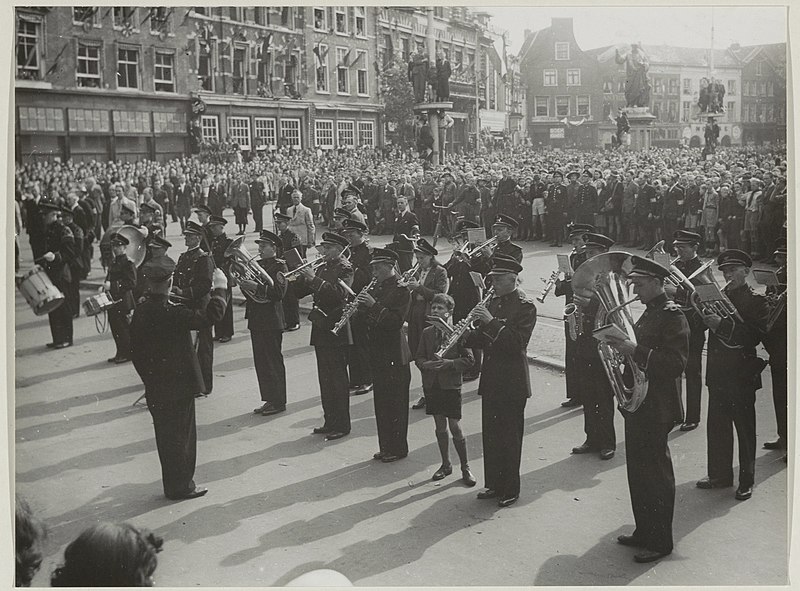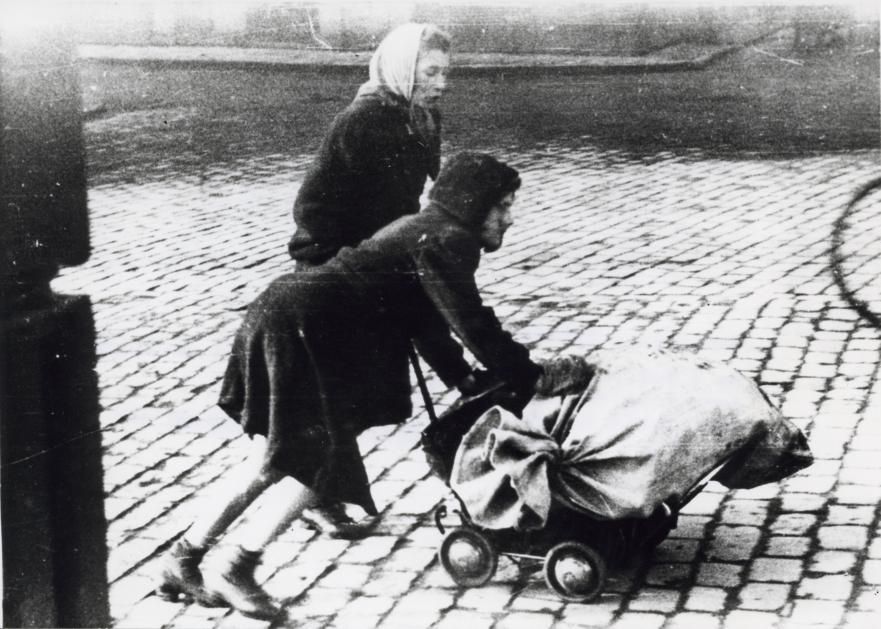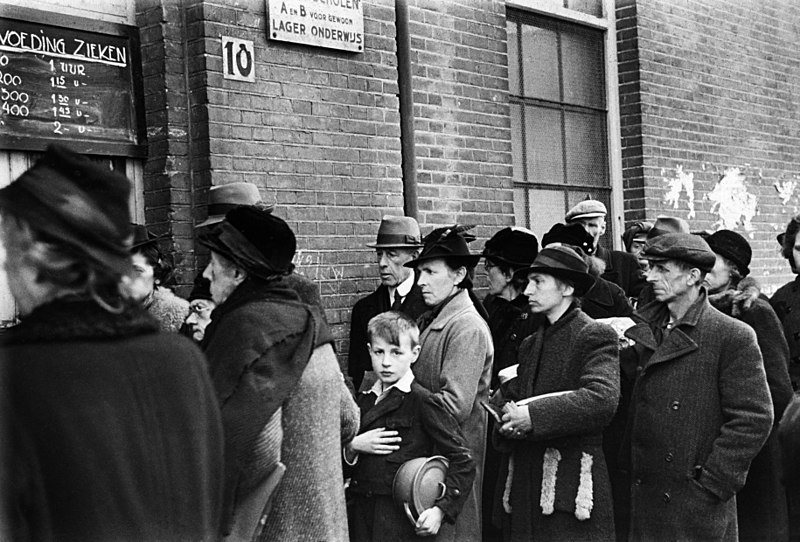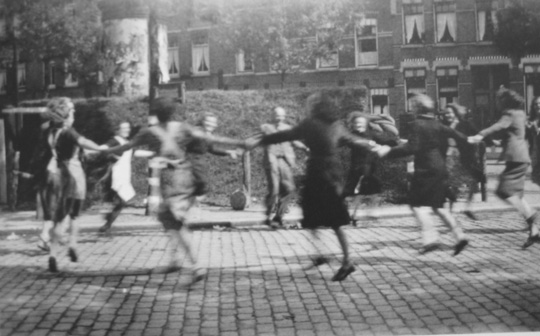Articles
- Article by Joshua Rijsdam
- Published on February 5th, 2023
Celebrating liberation in the western part of the Netherlands
On May 4, around 21:00 Radio Oranje sent a message that the German troops in the Netherlands would capitulate the next morning. People already started throwing parties in the evening of May 4. In general this caused great disillusion.
- Article by Wesley Dankers
- Published on February 24th, 2023
Hunger winter
In the fall of 1944, the Dutch were convinced their liberation from German occupation was imminent. Instead, they were confronted with a severe winter and a critical shortage of fuel and food which would claim thousands of lives and would generally be known as the Hongerwinter.
- Article by Joshua Rijsdam
- Published on
Last month of war in the Netherlands
The last month of war was a difficult time for Western-Netherlands. Writers of diaries from the four cities were already dealing with food shortages which were increasing every week. People were dependent on soup kitchens and on the Swedish and Swiss Red Cross which offered some help with bread and margarine supplies. Other than that, Western Netherlands was on its own. In addition, the course of the war played a significant role in the daily lives of the people.
- Article by Joshua Rijsdam
- Published on January 28th, 2023
Run-up to the liberation of the Netherlands
On September 4, 1944, Radio Oranje in London broadcasted a joyful message that after their speedy advance through France, the liberators would arrive in Breda. On Tuesday September 5, one day after this news became known, the Dutch population got into a festive mood while the Germans and their followers fled in panic. The festivities were premature though. In reality, the Allies had halted before the Dutch border without any idea what the next step would be.





